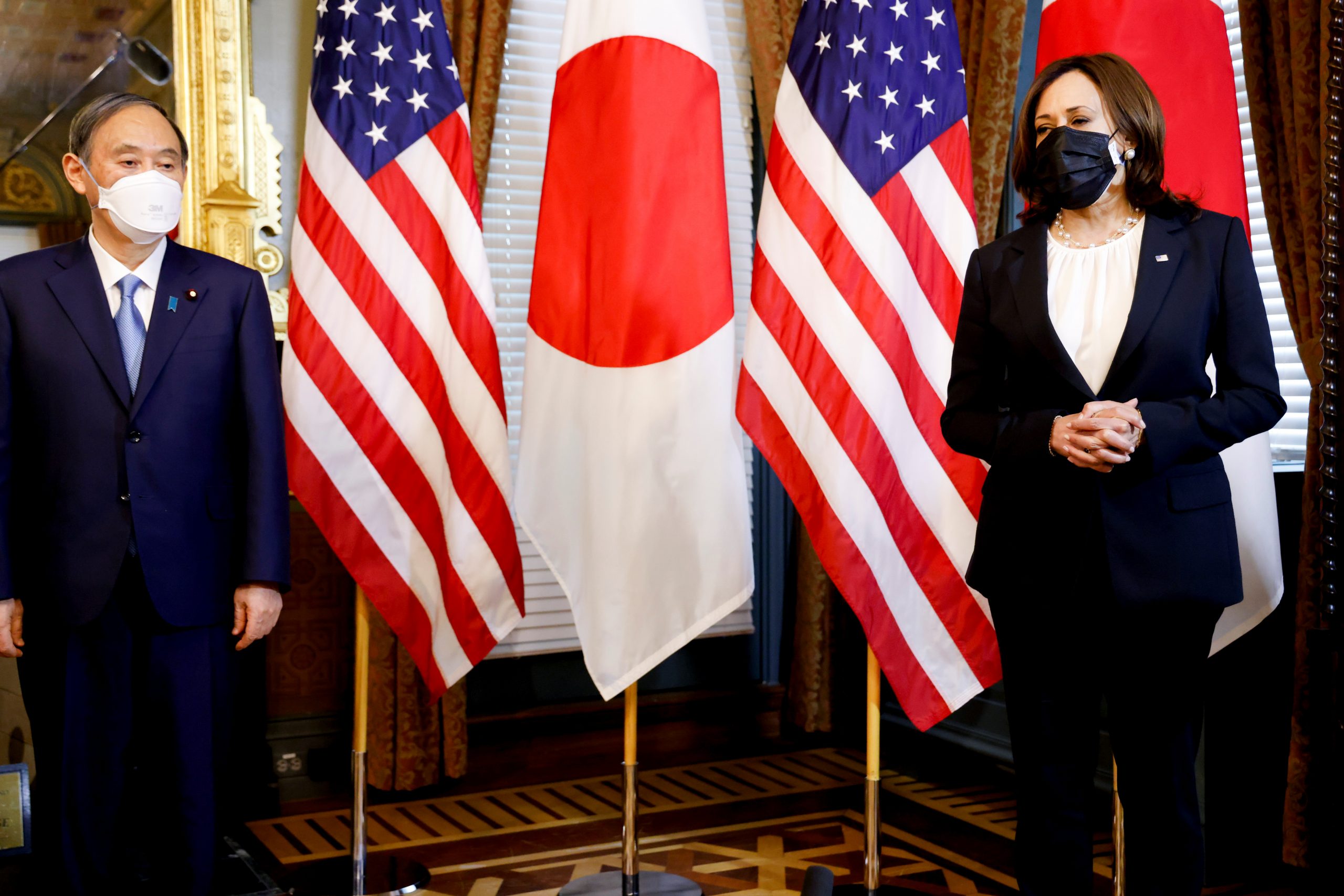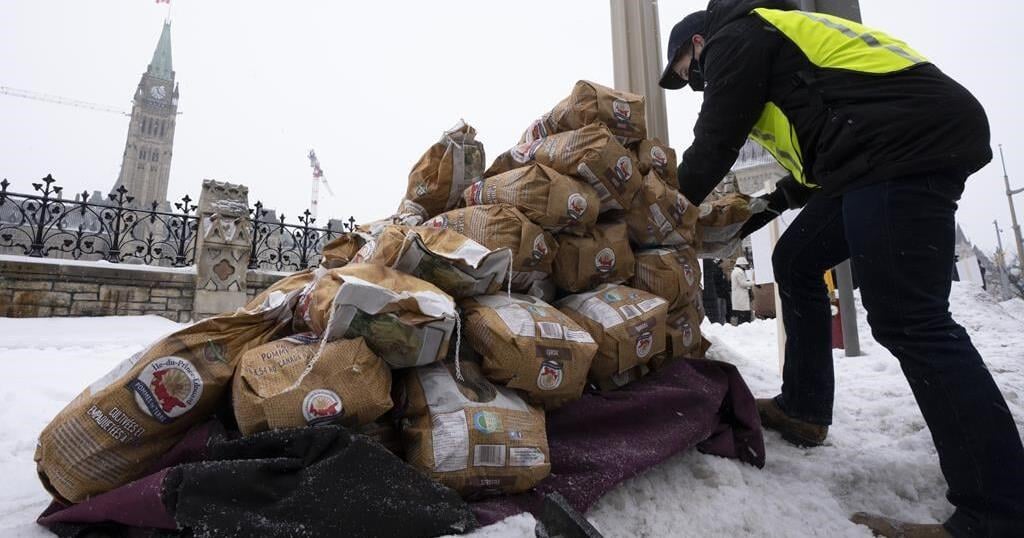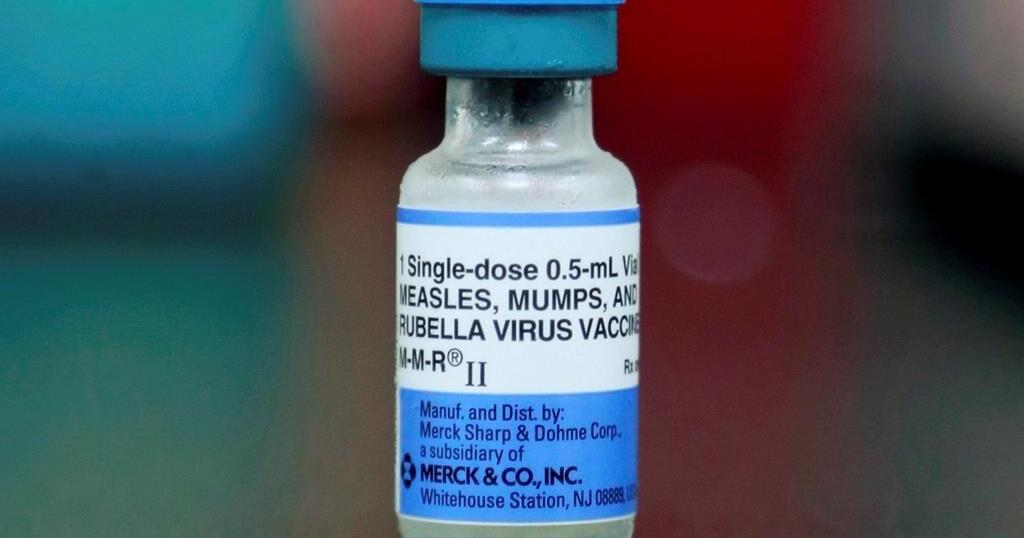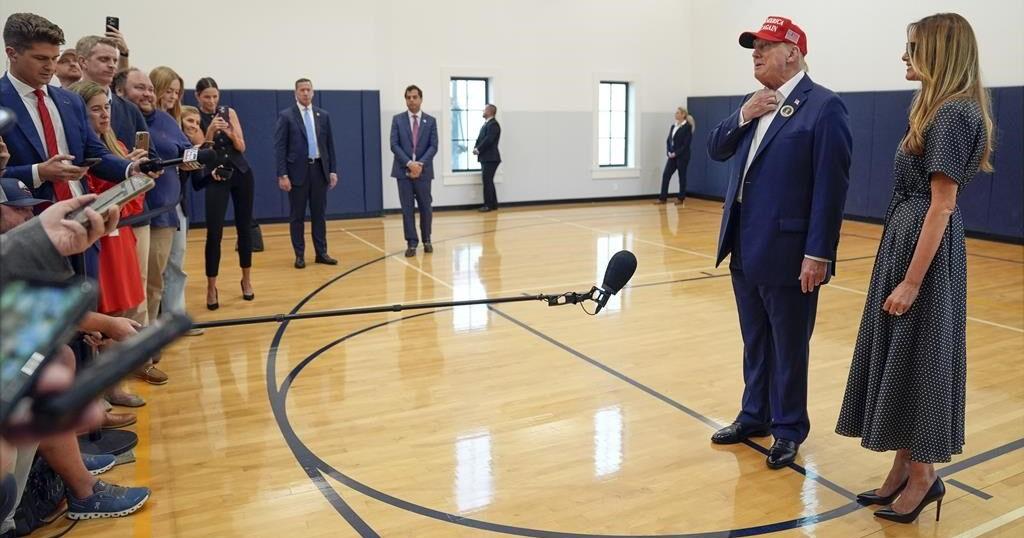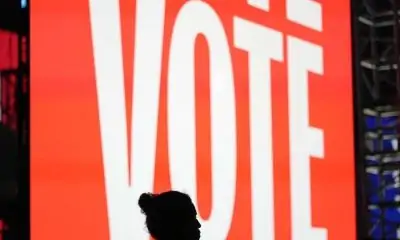By Trevor Hunnicutt and David Brunnstrom
WASHINGTON (Reuters) -Japanese Prime Minister Yoshihide Suga on Friday became the first foreign leader to be hosted at the White House since President Joe Biden took office, underscoring Tokyo’s central role in U.S. efforts to counter China’s growing assertiveness.
The one-day summit offers the Democratic president a chance to work further on his pledge to revitalize U.S. alliances that frayed under his Republican predecessor, former President Donald Trump.
The meeting is expected to yield steps diversifying supply chains seen as over-reliant on China and a $2 billion commitment from Japan to work with the United States on alternatives to the 5G network of Chinese firm Huawei, a senior U.S. official said.
Biden and Suga also plan to discuss human rights issues related to China, including the situation in Hong Kong and Xinjiang, the official said.
The summit, Biden’s first face-to-face meeting with a foreign leader, is expected to produce a formal statement on Taiwan, a Chinese-claimed, self-ruled island under increasing military pressure from Beijing, said the official, who did not want to be identified.
White House spokeswoman Jen Psaki said Biden, in his talks with Suga, would address China’s “increasingly coercive action” on Taiwan, which is China’s most sensitive territorial issue.
It would be the first joint statement on Taiwan by U.S. and Japanese leaders since 1969. However, it appears likely to fall short of what Washington has been hoping from Suga, who inherited a China policy that sought to balance security concerns with economic ties when he took over as premier last September.
In a statement after a March meeting of U.S.-Japan officials, the two sides “underscored the importance of peace and stability in the Taiwan Strait” and shared “serious concerns” about human rights in Hong Kong and Xinjiang.
The U.S. official said that both countries, while not wanting to raise tensions or provoke China, were trying to send a clear signal that Beijing’s dispatch of warplanes into Taiwan’s air defense zone was incompatible with maintaining peace and stability.
A Japanese foreign ministry official said this week it had not been decided whether there would be a joint statement and two Japanese ruling party lawmakers familiar with the discussions said officials have been divided over whether Suga should endorse a strong statement on Taiwan.
The U.S. official said Washington would not “insist on Japan somehow signing on to every dimension of our approach” and added: “We also recognize the deep economic and commercial ties between Japan and China and Prime Minister Suga wants to walk a careful course, and we respect that.”
China’s foreign ministry spokesman Zhao Lijian said Friday that China has expressed solemn concern about what he called “collusion” between Japan and the United States, and the countries should take China’s concerns seriously.
SUGA MEETS HARRIS
Suga met first with Vice President Kamala Harris and was then due to sit down with Biden in the Oval Office before holding a joint news conference. Earlier, Suga participated in a wreath-laying ceremony at Arlington National Cemetery.
“Japan highly praises and appreciates that the Biden-Harris administration puts high importance on cooperating with its allies and partners,” Suga told reporters as he began talks with Harris.
“There is no other time than today when the Japan-U.S. alliance needs to be strong,” he added, citing “a wide range of challenges.”
Harris said they would discuss “our mutual commitment in the Indo-Pacific.”
With his in-person summit with Suga, and another planned with South Korea in May, Biden – who took office on Jan. 20 – is working to focus on the Indo-Pacific region to deal with China’s rising power, which he sees as the critical foreign policy issue of the era.
He hopes to energize joint efforts with Australia, India and Japan, in a grouping known as the Quad, as well as with South Korea, to counter both China and longtime U.S. foe North Korea, and its increasingly threatening nuclear weapons program.
It requires a delicate balancing act given Japan and South Korea’s economic ties with China and currently frosty relations between Seoul and Tokyo.
Also expected to figure into the White House discussions are the summer Olympics due to be held in Tokyo. Psaki said the administration understands the careful considerations Japan is weighing as it decides whether to go ahead with the games. Japan is grappling with rising coronavirus infections with fewer than 100 days from the planned start.
The emphasis on Japan’s key status could boost Suga ahead of an election this year, but some politicians are pushing him for a tougher stance towards Beijing as it increases maritime activities in the East and South China Seas and near Taiwan.
The United States, the European Union, Britain and Canada have all imposed sanctions on Chinese officials for alleged abuses in Xinjiang and some Japanese lawmakers think Tokyo should adopt its own law allowing it to do the same, even as Japanese executives worry about a Chinese backlash.
(Reporting by David Brunnstrom and Trevor Hunnicutt, additional reporting by Nandita Bose and Steve Holland; writing by David Brunnstrom and Matt Spetalnick;Editing by Kieran Murray, Lincoln Feast and Chizu Nomiyama)
Related

